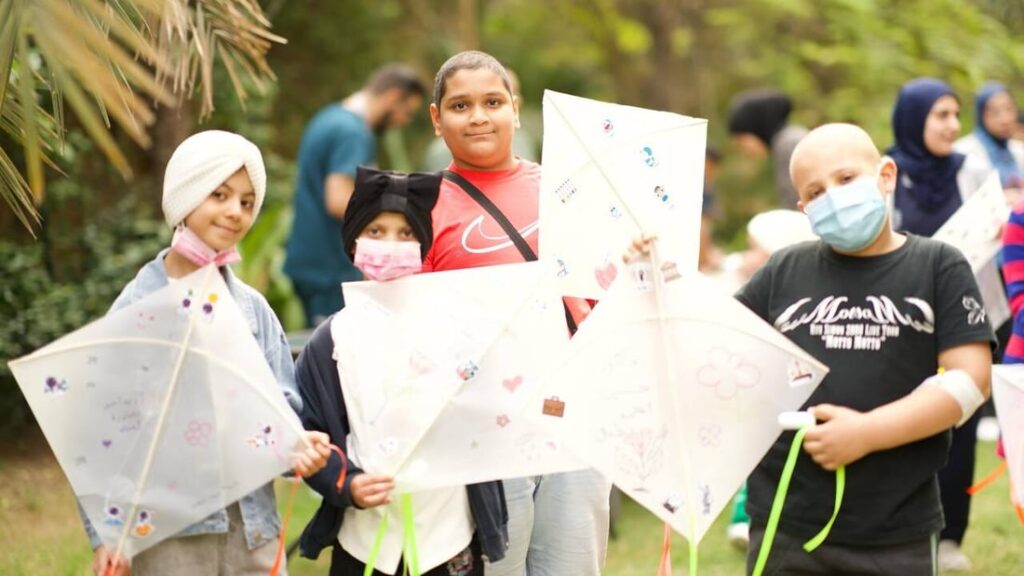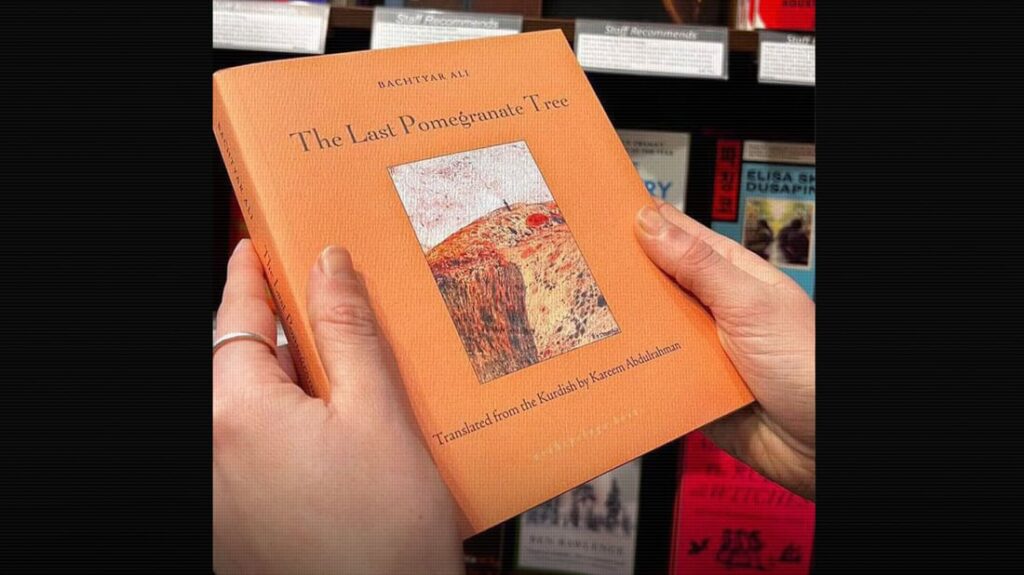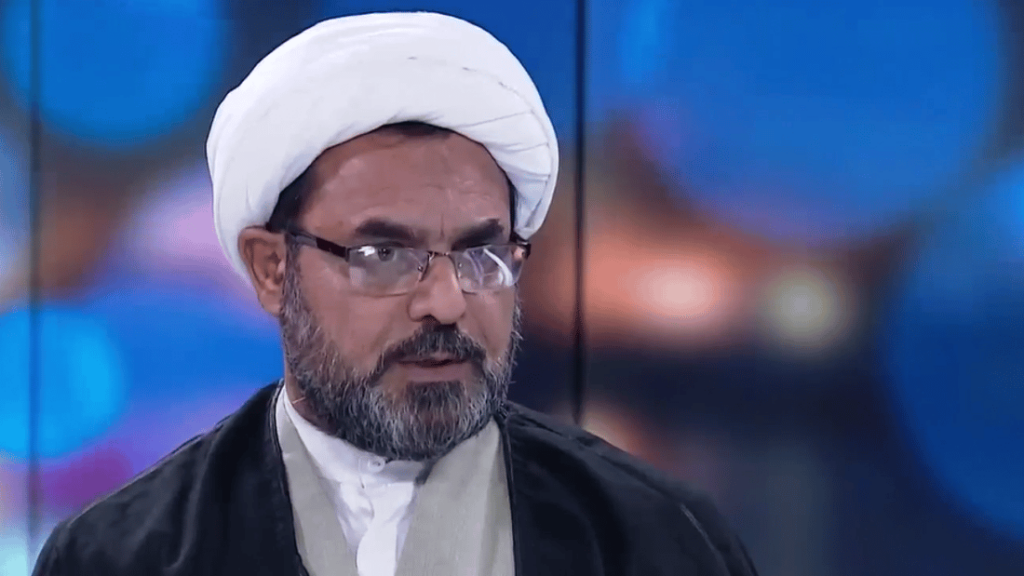Escaped Kurdish political prisoner executed in Iran after deportation from Iraqi Kurdistan

SAQQEZ, Iranian Kurdistan,— The escaped Kurdish political prisoner Mustafa Salimi was executed in Iran after being deported from Iraqi Kurdistan Region back to Iran, Hengaw organization for Human Rights said on Saturday.
Convicted of belonging to a proscribed political organization in 2003 and sentenced to death, Salimi, 53. had been in custody ever since, but escaped Saqqez prison in Iranian Kurdistan (Rojhelat) on March 27 during a prison break by more than 80 inmates.
He then fled to Iraqi Kurdistan where he was arrested by the local security forces in Penjwen after ten days on the run, according to Hengaw, which monitors human rights abuses in Iranian Kurdistan.
Following his arrest, he was deported back to Iran.
On Friday evening, his family were called to see him for the last time at Saqqez prison and he was executed shortly afterwards.
According to court prosecutor Mohammad Jabbari, Mustafa Salimi was accused of planning the prison breakout, Tansim news reported.
“This prisoner was one of the main leaders and planners of the breakout from Saqqez prison on March 27,” Jabbari told the outlet.
Iraqi Kurdistan prime minister Masrour Barzani has ordered an investigation into the suspected extradition of a Kurdish prisoner who was executed by Iran on Saturday.
“This is a blatant violation of human rights contradicting all the international agreements and article 21 of the Iraqi constitution which stipulates that political asylum seekers should never be extradited to their countries of origin,” IRBR head Ziya Petros told Rudaw.
The KRG has formed a committee to investigate the case as Sulaimani authorities “categorically” deny any knowledge of Salimi.
“According to a decree from the KRG to contain the spread of coronavirus, a curfew has been in place since March 14 with our Asayesh forces being committed to it. During that period of time, our forces in Penjwen and Garmk area have not been ordered to make any arrests,” read an official statement from Sulaimani Asayesh (security forces).
“There is no name registered under Mustafa Salimi in Sulaimani Asayesh, residency and border crossings data,” the statement added. “We do not know anyone by this name.”
“The KRG is not aware of this subject, and if such a thing has happened, it has been done without the knowledge of the KRG,” said government spokesperson Jutyar Adil on Saturday.
“To follow up on this matter, the KRG prime minister has decided that an investigative committee will be formed,” Adil added.
Ever since its emergence in 1979 the Islamic regime imposed discriminatory rules and laws against the Kurds in all social, political and economic fields.
The Kurdish minority live mainly in Iranian Kurdistan (Rojhelat), the mainly in the west and north-west of the country. They experience discrimination in the enjoyment of their religious, economic and cultural rights.
Parents are banned from registering their babies with certain Kurdish names, and religious minorities that are mainly or partially Kurdish are targeted by measures designed to stigmatize and isolate them.
Kurds are also discriminated against in their access to employment, adequate housing and political rights, and so suffer entrenched poverty, which has further marginalized them.
Kurdish human rights defenders, community activists, and journalists often face arbitrary arrest and prosecution. Others – including some political activists – suffer torture, grossly unfair trials before Revolutionary Courts and, in some cases, the death penalty.
Estimate to over 12 million Kurds live in Iranian Kurdistan.
Many Kurdish armed groups including Komala took up arms to establish a semi-autonomous Kurdish regional entities or Kurdish federal states in Iran, similar to the Kurdistan Regional Government (KRG) in Iraq.
Copyright © 2020, respective author or news agency, Ekurd.net | rudaw.net | nrttv.com | Agencies
Comments




